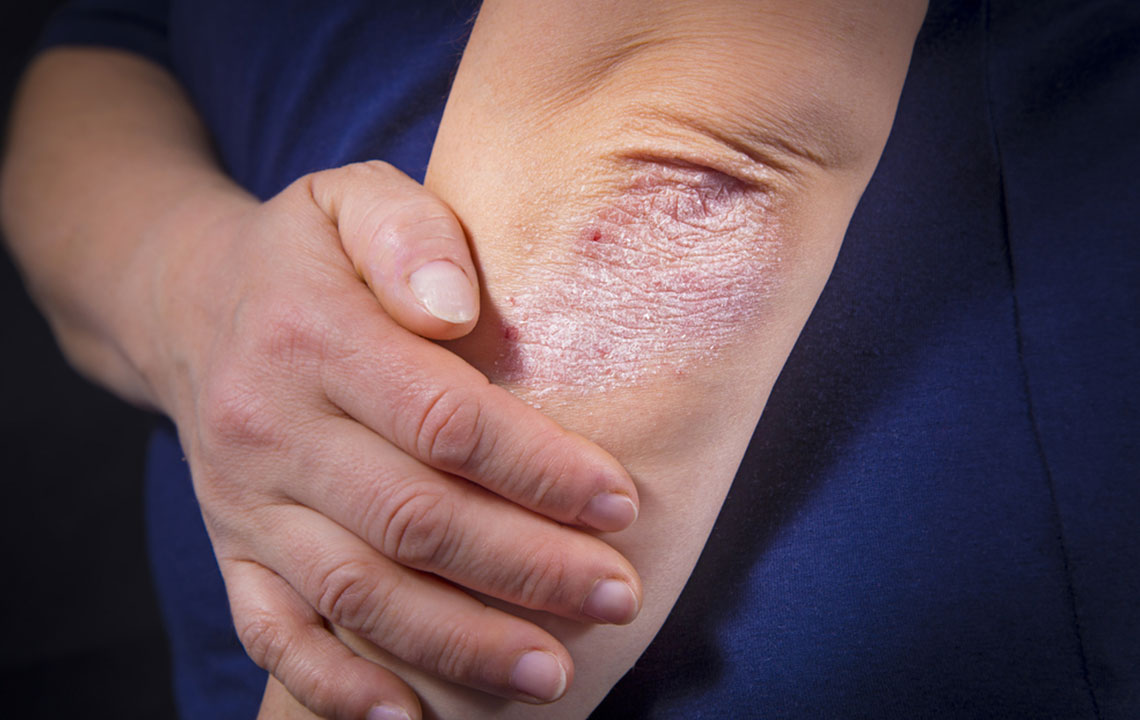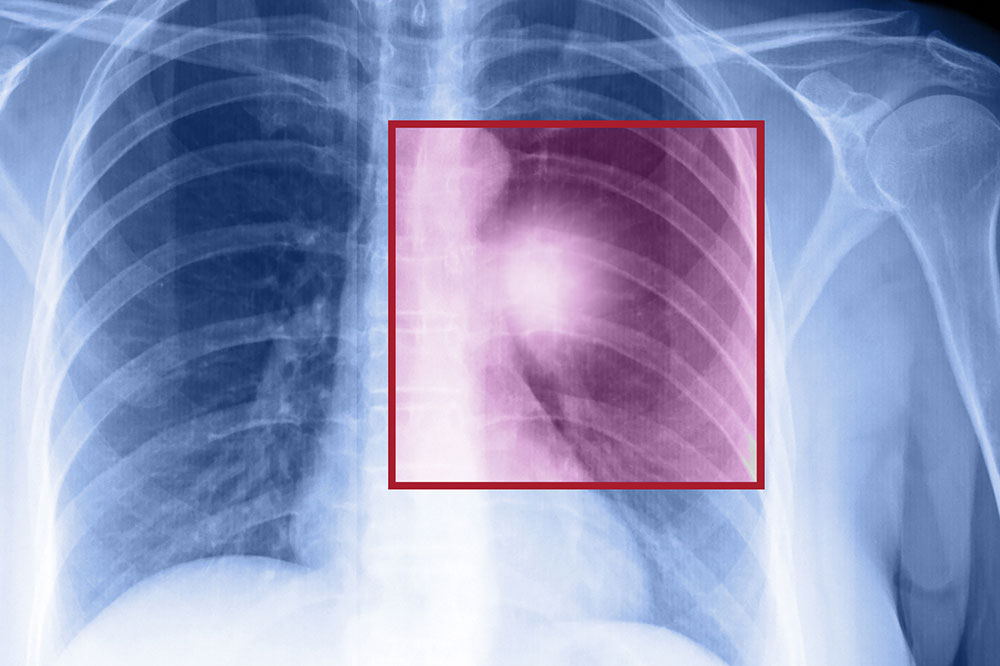Understanding the Key Factors Behind Postpartum Mood Disorders and How to Address Them
This detailed article explores the leading factors contributing to postpartum mood disorders, including psychological, biological, social, and childbirth-related influences. It emphasizes the importance of early detection, lifestyle modifications, and supportive care to help mothers overcome postpartum depression. Understanding these factors empowers healthcare providers and families to implement effective prevention and treatment strategies, promoting maternal mental health and well-being during the critical postpartum period.

Postpartum mood disorders, notably postpartum depression (PPD), represent a significant mental health challenge faced by many women following childbirth. Typically emerging within the first few weeks after delivery, PPD manifests through intense feelings of sadness, overwhelming fatigue, anxiety, and emotional exhaustion. These symptoms can severely interfere with a mother's ability to care for her newborn and engage fully in her daily life. Despite its widespread occurrence—affecting a considerable percentage of new mothers—postpartum depression often remains underrecognized and undertreated. This underscores the importance of healthcare providers, including obstetricians and pediatricians, conducting thorough screening during postpartum visits to identify affected women early and initiate appropriate intervention.
Understanding the complex web of factors contributing to postpartum depression is crucial for effective prevention, early diagnosis, and management. The etiology of PPD varies among women and involves an interplay of psychological, biological, social, and lifestyle factors. Recognizing these diverse influences enables healthcare professionals and families to adopt proactive strategies aimed at reducing risk and supporting maternal mental health. This comprehensive overview delves into the most significant contributors to postpartum mood disorders, providing insights into how each element influences the likelihood of developing PPD and what can be done to mitigate these risks.
Psychological Factors Influencing Postpartum Depression
One of the primary elements associated with postpartum depression is the psychological history of the mother. Women with a history of depression or anxiety disorders are notably more vulnerable to developing PPD after childbirth. These pre-existing mental health conditions can destabilize emotional resilience during the stressful postpartum period, especially given the hormonal and physical changes occurring in the body. Additionally, women who have experienced severe premenstrual syndrome (PMS) episodes in the past may show increased susceptibility to mood disturbances during the postpartum phase.
Beyond clinical history, psychological factors such as low self-esteem, feelings of inadequacy, or past experiences of abuse can exacerbate postpartum vulnerability. These emotional vulnerabilities often hinder a woman’s ability to adapt to the demands of motherhood, further increasing the likelihood of developing depressive symptoms. Moreover, cultural and societal expectations surrounding motherhood can impose additional stress; for instance, reluctance or discomfort regarding the gender of the baby can weigh heavily on a new mother, contributing to feelings of disappointment, guilt, or inadequacy.
Childbirth-Related Factors and Their Impact
The circumstances of childbirth itself play a vital role in influencing postpartum mental health. Women experiencing multiple pregnancies or those with high-risk deliveries are at an increased risk for PPD, although research findings sometimes vary. For instance, women with multiple children may face heightened stress and fatigue, which can contribute to depressive symptoms, especially when compounded by the challenges of caring for a growing family.
High-risk pregnancies marked by complications such as preeclampsia, gestational diabetes, or the necessity for emergency cesarean sections are associated with greater emotional strain postpartum. These experiences can cause feelings of trauma, loss of control, or fear, all of which may trigger or worsen depressive states. Post-delivery complications like hemorrhages or prolonged hospital stays can also provide additional stressors, emphasizing the importance of comprehensive postpartum support for women during this vulnerable period.
Biological Underpinnings of Postpartum Mood Disorders
Biology significantly influences the onset of postpartum depression. Younger maternal age, especially teenage pregnancies, has been linked with a higher risk of PPD, potentially due to limited emotional maturity or support networks. Hormonal fluctuations following childbirth—particularly declines in estrogen and progesterone—are well-documented contributors to mood swings and depressive symptoms. These hormonal shifts alter neurotransmitter functions, impacting mood regulation.
Imbalances in neurotransmitters such as serotonin and tryptophan, which are critical regulators of mood and emotional stability, have been identified as biological factors in postpartum depression. Additionally, metabolic disorders like blood sugar imbalances can influence emotional health. Nutritional deficiencies, especially those affecting neurotransmitter synthesis—such as low levels of amino acids or vitamins—can further predispose women to depression during the postpartum period.
The Role of Social Support and Lifestyle Choices
Social support systems are perhaps the most modifiable factors affecting postpartum mental health. Women with strong emotional, familial, and community support are substantially less likely to develop depression following childbirth. Support can come from spouses, family members, friends, or peer groups, all providing emotional comfort, practical assistance, and reassurance. These networks help women navigate the challenges of new motherhood, reducing feelings of isolation and helplessness.
Employment status and workplace environment also influence postpartum mental health. Women engaged in professional work often benefit from a sense of purpose, social engagement, and financial stability, which serve protective roles. Conversely, unemployment or stressful work environments can increase vulnerability to mood disorders.
Lifestyle habits play a critical role as well. Poor nutrition, inadequate sleep, and sedentary behavior are common postpartum issues that heighten the risk of depression. Conversely, eating a balanced diet rich in nutrients, ensuring adequate restorative sleep, and engaging in regular physical activity can promote mental well-being. Maintaining these healthy habits not only enhances physical recovery but also bolsters emotional resilience against postpartum mood disturbances.
Strategies for Prevention and Management
Given the multifaceted causes of postpartum depression, a comprehensive approach to prevention and treatment is essential. Screening programs integrated into routine prenatal and postnatal care are vital for early detection. Women identified as high-risk—based on psychological history, pregnancy complications, or social factors—should receive targeted support and counseling.
Psychological interventions, including cognitive-behavioral therapy (CBT) and support groups, can be highly effective in managing postpartum mood disorders. Pharmacotherapy, such as antidepressants, may be indicated in moderate to severe cases, always considering the safety for breastfeeding mothers. Additionally, promoting healthy lifestyle changes—such as balanced nutrition, physical activity, and sleep hygiene—can significantly improve outcomes.
Encouraging open conversations about mental health, reducing stigma, and involving family members in postpartum care are crucial steps. Health professionals play a key role in providing education about postpartum depression, helping women recognize symptoms early, and facilitating access to appropriate resources and treatments. By understanding and addressing the multifactorial contributors to PPD, healthcare systems and families can work together to safeguard maternal mental health, ensuring both mother and child thrive during this pivotal life stage.
In conclusion, postpartum mood disorders stem from a combination of psychological, biological, obstetric, social, and lifestyle factors. Recognizing these elements allows for a more comprehensive approach to preventing, detecting, and managing postpartum depression, ultimately leading to healthier mothers, happier families, and improved developmental outcomes for children.





